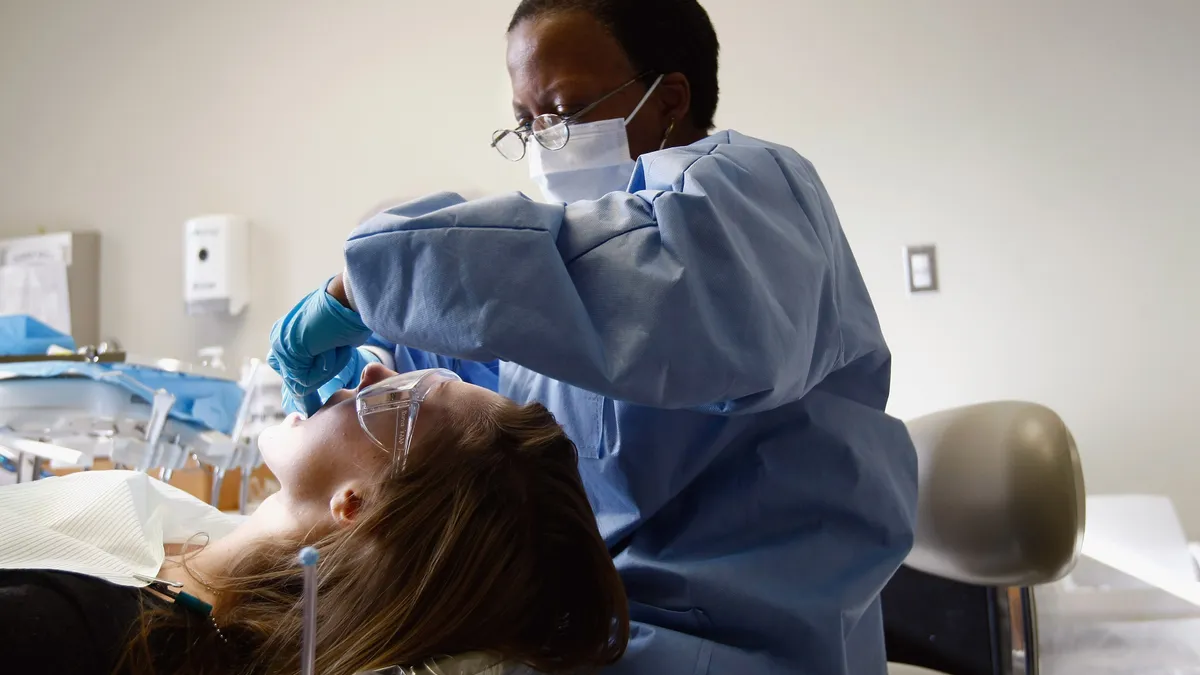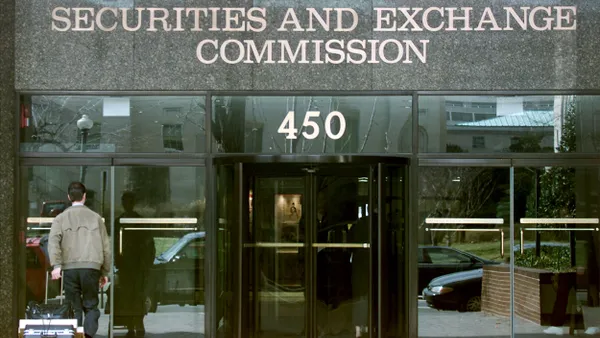Dive Brief:
- The Coalition for Health AI and the National Association of Community Health Centers announced a partnership Thursday that aims to help safety-net providers adopt artificial intelligence.
- CHAI, a nonprofit working to set guidelines on AI implementation in the sector, will work with NACHC to create standards geared toward community health centers and other low-resource providers, including educational programs and research to validate AI tools for use in safety-net settings.
- The organizations will also collaborate on a survey of community health centers to assess their current use of technology and AI, which will support the creation of other tools, CHAI and NACHC said in a press release.
Dive Insight:
AI is a promising technology for healthcare leaders, igniting hopes the tools could solve some of the sector’s most pressing challenges, like a heavy burden of administrative tasks, workforce shortages and an aging population that needs more care.
But AI isn’t necessarily easy to implement, experts say. The technology requires plenty of human labor, including technical expertise, governance planning and ongoing oversight to ensure algorithms continue to perform up to expectations.
That could prove difficult for providers operating with limited resources and slim margins — where technology expenses could already be a burden.
For example, more than 60% of community health centers, which provide primary care to underserved populations, said the cost of maintaining a telehealth platform was a challenge last year, according to a survey by the Commonwealth Fund.
The partnership between CHAI and NACHC aims to lessen some of these barriers, the organizations said. They plan to design an “AI in Healthcare for the Safety Net” curriculum to educate clinicians and leaders at health centers about AI, as well as offer a certification for vendors looking to sell AI tools in these settings.
The organizations will also conduct and support research on how AI is used in community health centers and how the technology impacts health outcomes.
“Partnering with NACHC means we can help move the needle on progressing AI adoption with our nation’s largest primary care system,” Dr. Brian Anderson, president and CEO of CHAI, said in a statement. “The impact and reach we’ll have together is unprecedented, and I’m eager to hit the ground running to ensure safe and widespread adoption of AI, regardless of population, geographic area, or financial constraints.”
Additionally, NACHC will join a CHAI initiative focused on exploring whether AI technologies could assist with Medicaid enrollment in the wake of the One Big Beautiful Bill Act, which will likely remove millions of people from coverage.
The reconciliation package, which was signed into law last month, includes major cuts to the safety-net insurance program Medicaid, including new requirements tying work, volunteer or education hours to eligibility.
The collaboration with the NACHC comes months after CHAI, which includes 3,000 healthcare and technology member organizations, announced a partnership with the Joint Commission to develop guidance for deploying AI tools in healthcare.













